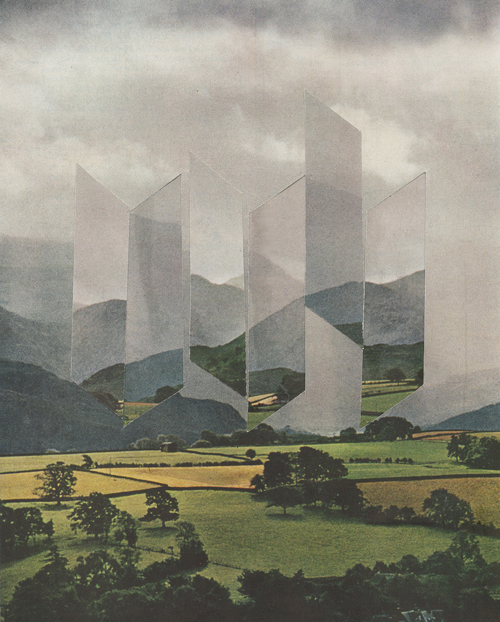 I’m falling. I thought the ground was there,
I’m falling. I thought the ground was there,
that the wall would hold. I was wrong,
and now I am moving through the air,
nothing holding me.
Grant moves south.
Grant moves south.
The sun is high in the sky, rising
over my forehead. As I accelerate down,
I think, quietly: I am
falling.
Grant moves south.
Many thousands dead.
Grant moves south.
I had been mowing the lawn, moving backwards,
pulling the mower to get over a difficult-
to-reach area. And the stone wall—
—hmm?—
—the wall that divides our yard from
the neighbor’s—
Many thousands—
I backed over it. I fell, am
falling.
A shell lands, exploding
near Grant’s HQ in the
Wilderness, his first stop
moving south. His aides
scatter. He doesn’t move.
Time does slow. I can think
I am falling several times, can
think how did this happen before
the inevitable impact.
The many thousands: 2,246 Union dead,
12,037 wounded, 3,383 captured/missing. In two days.
All the earlier invasions of Northern Virginia
retreated back across the Rapidan after
incurring losses like these.
Me falling: picture the legs and arms
rising up, the back sinking down, leading
the way to the inevitable
at 6.8 meters per second, per second.
It’s not unlike a body thrown across a field
by a shell explosion. It’s not exactly it, per se,
but it’s like it.
There will be a point of impact, of invasion—
where my back, just below the shoulders, will
meet the ground first, thousands of pounds of
force on my bones.
Grant tried where others failed, crossed the Rapidan.
He’d hoped to make it through the overgrown Wilderness
without meeting Lee but didn’t. He lost 17 percent of his army
in two days. When the firefight set the forest alight,
the wounded burned.
Force = mass x acceleration.
Like a bullet.
Like a falling body.
The other generals had retreated. Hooker fell
back. Burnside fell back. McClellan (when
he fought) fell back. Grant tried, moved south.
And then I have stopped. I’m still,
breathing. The sun is on my face.
Birds warbling in the trees. My
lungs work. I’m still.
Says an officer: General Grant, this is a crisis
that cannot be looked upon too seriously.
I know Lee’s methods well by past experience;
he will throw his whole army between us
and the Rapidan, and cut us off completely.
A long exhalation.
And Grant: Oh, I am heartily tired of hearing
about what Lee is going to do. Some of you
always seem to think he is suddenly going to turn a double somersault,
and land in our rear and on both of our flanks at the same time.
Go back to your command, and try to think
what we are going to do ourselves,
instead of what Lee is going to do.
I wiggle my toes; they move.
My fingers, the same.
Slowly, carefully, I turn my head
to see my neighbor’s house.
Grant couldn’t stand the sight
of blood.
I push myself up onto my elbows.
The mower stands, two feet above me,
turned off by the dead man’s switch.
The northern papers called him a butcher.
I brush the dirt off. My shirt and shorts are
grass-stained. My hair has a little mud in it.
The day after the two days, as the wounded
burned, the Union Army assembled at a junction.
Left went to the Rapidan; right, Richmond.
Grant turned right.
The men cheered.
__
Colin Rafferty lives in Richmond, Virginia, and teaches nonfiction writing at the University of Mary Washington. “Crossing the Rapidan (#18)” is one of a series of forty-four essays about the presidents; other essays from this series have appeared recently in Cobalt, Shadowbox, and Parcel.

1 comment
Anon says:
Oct 21, 2014
Just incredible. Beautifully done.